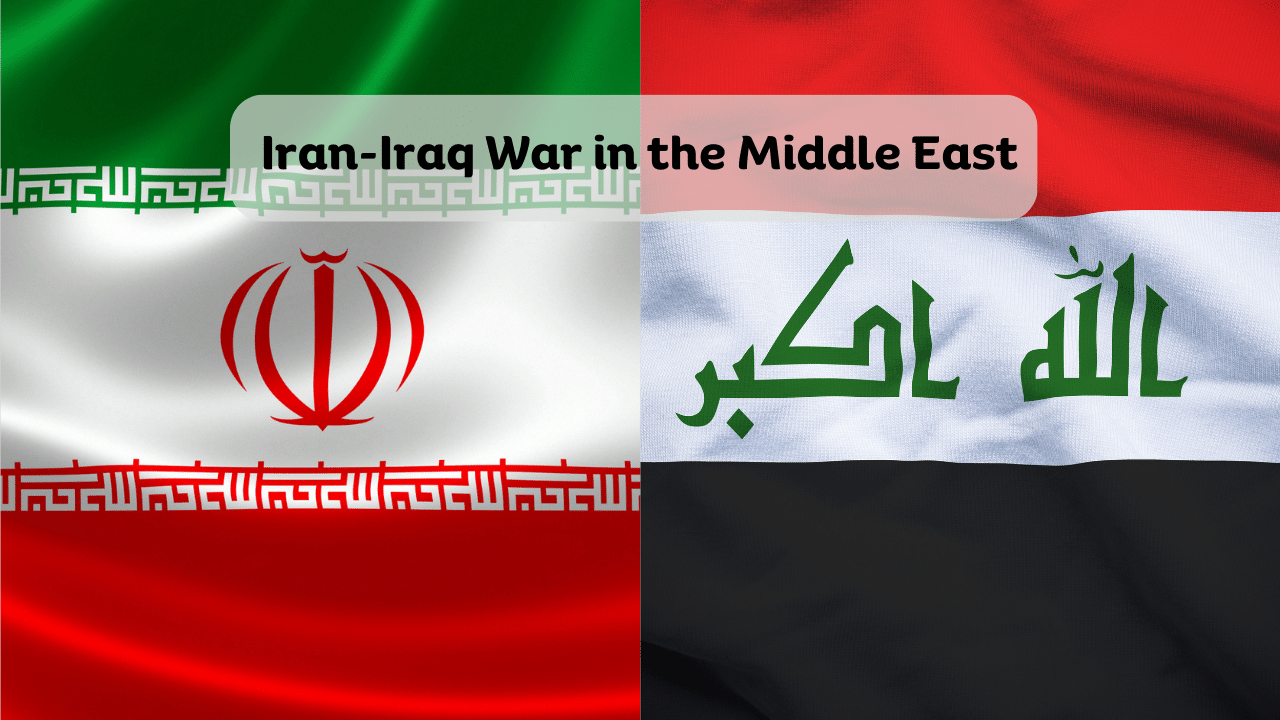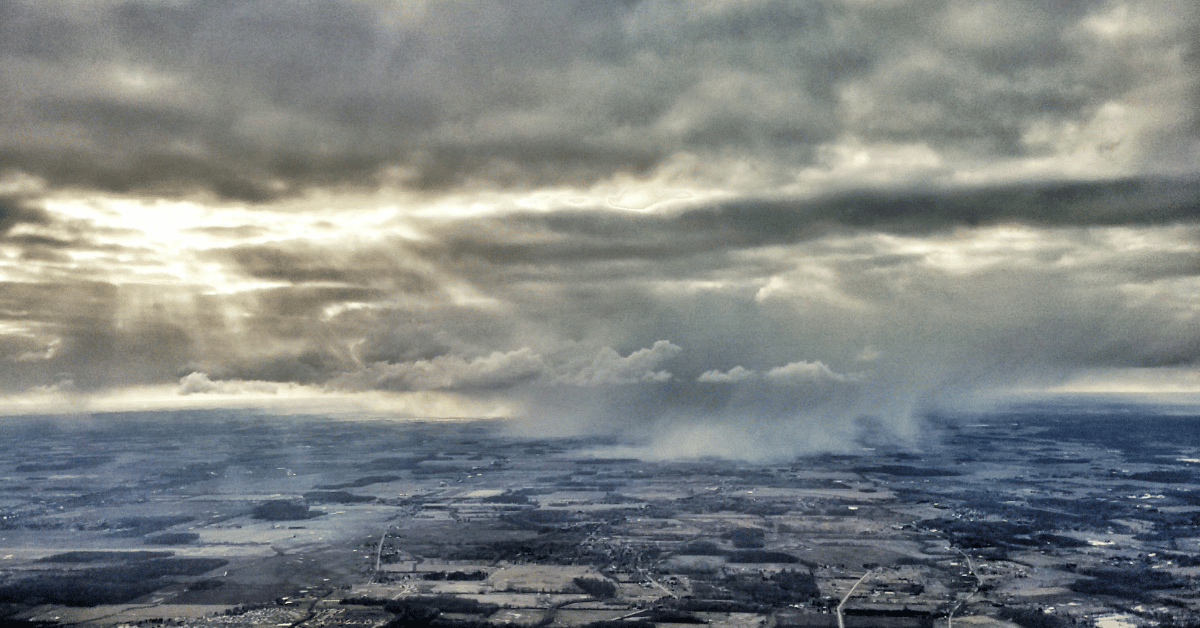Middle East region has always been the center of many wars and conflicts, whether it is the Israel-Palestine war or the Shia-Sunni conflict. Its history can be well understood through its war patterns. The Iran-Iraq War also gives a deep insight into this region.
Motives for Iran-Iraq War
In 1980, the Saddam Hussein-led government of Iraq attacked Iran. Iraq had many motives for attacking Iran.
- The foremost motive was the Iranian Revolution. Though Iraq was a Sunni-majority Muslim state, it had a huge chunk of the Shia population as well. Iraq’s fear of a revolt by the Shia community backed by Iranian Revolutionary Guards resulted in the execution of Shia leaders in Iraq. Iran started launching raids on frontiers. Hence, the Shia-Sunni conflict became one of the reasons for the war between these two countries.
- The second reason was Iraq claimed the frontier province of Khuzestan. The majority of the population was Arab. Saddam anticipated its support because Iran’s population is Persian.
- The third reason was that both countries asserted their claim over the Shatt-al-Arab waterway. This waterway was vital for the oil exports of both countries. Shatt-al-Arab was under Iraq’s control, but Iraq was forced to share this waterway’s control with Iran. Saddam Hussein expected a quick victory over weaker and demoralized Iranian forces, but he miscalculated the situation.
Events of the Iran-Iraq War
Iraq started the war by seizing Shatt-al-Arab. Iran retaliated with massive infantry attacks over heavily fortified Iraqi positions. On paper, Iraq had a strong position because it had tanks, helicopters gunships, and missiles imported from the USSR whereas Iranian Revolutionary Guards had religious inspiration and they fought with fanatical determination. Soon, Iran was provided anti-aircraft and anti-tank missiles by China, and North Korea. Ironically, America also helped Iran secretly. As the war was prolonged, Iraq tried to strangle Iran’s oil export to hamper its arms imports. Iran started capturing Iraqi territory. In 1987, Iranian troops reached Basra which was Iraq’s second most important city.
International Repercussions
The war was threatening the entire Arab world’s stability. Saudi Arabia, Jordan, and Kuwait supported Iraq whereas Syria, Libya, Algeria, and South Yemen were critical of the Iraq attack. Iraq-supporting countries wanted control of the Persian Gulf. Arab summit conference organized by Jordan failed due to Syria’s refusal to attend the summit which showed that this war has weakened Arab unity. Iraqi attack over Iranian oil exports was threatening oil supplies to the West. Despite these happenings, Iran was having a strong position in the war which was alarming for other non-religious Arab countries.
The end of the Iran-Iraq War, 1988
An Islamic Conference was organized in Kuwait in which representatives from 44 countries participated, but Iran refused to attend it making this conference fruitless. Despite a long war, none of the countries was ready to retreat nor were their war aims being fulfilled. The situation got worst when both countries started targeting the capitals of each other. It caused massive economic and human resources disasters. A ceasefire was arranged with UN intervention in August 1988. It was monitored by UN troops. Peace negotiations were started in 1988 and finally, in 1990, both sides agreed on terms.





2 Comments on “Iran-Iraq War in the Middle East”